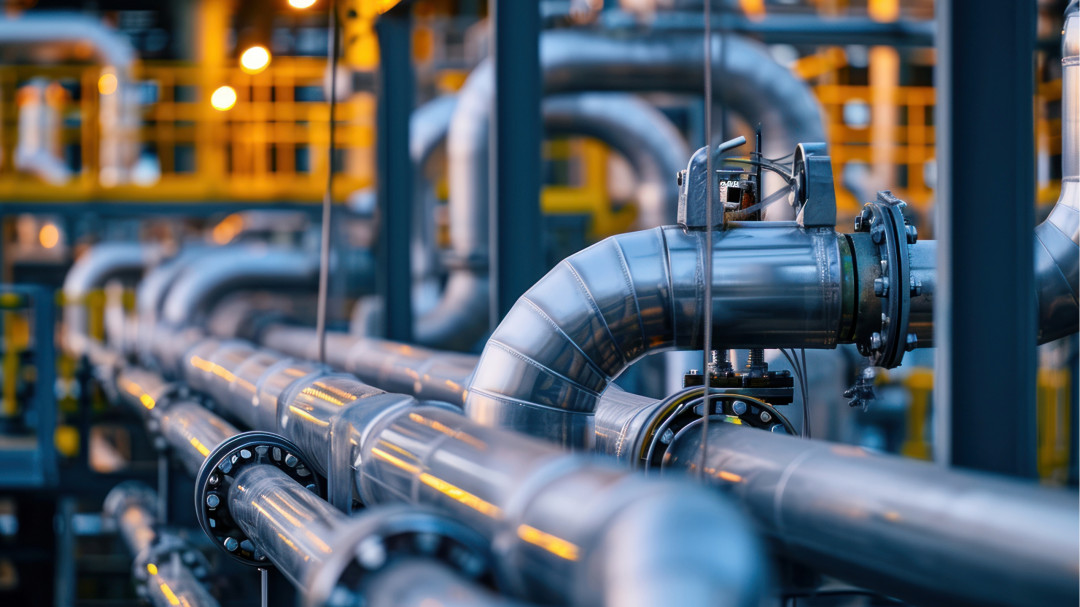
Process steam is used to supply heat for technical production processes in the chemical industry, for example. Up to now, fossil fuels have mostly been used to generate steam.
The new "SecöndLife" research project is now focusing on making the generation of process steam, which is used in many technical processes, fossil-free. The aim is to reduce the environmental impact by continuing to use existing infrastructure such as pipelines and other plant components and reducing emissions, while at the same time improving energy efficiency.
The sub-project, which is based at the TU's Department of Energy Technology and Climate Protection, is concerned with evaluating various designs, parameters and new technologies such as energy storage, heat pumps and the integration of renewable energy sources. Thermodynamic models and simulations are used to investigate various options for reducing CO2 emissions in industrial heat supply. These help to assess whether fossil-free technologies are technically feasible and support sustainable energy supply decisions.
The project partners want to develop a joint analysis tool that will help with the planning of new fossil-free industrial plants and the integration of existing plants. This tool should then be accessible for general planning processes and be widely used, supported by user-friendly open source documentation. The tools are to be applied and tested on a specific industrial case study.
Mathias Hofmann, head of the TU sub-project, emphasizes the importance of this project: "We want to develop pioneering solutions for decarbonized process steam supply. By integrating various technologies and using existing infrastructures, we are aiming for a sustainable energy supply that is both ecologically and economically viable."
The research project is funded by the Federal Ministry for Economic Affairs and Climate Protection with a total budget of around 1.4 million euros and brings together experts from the fields of energy system analysis (DLR), simulation and exergy analysis (TU Berlin), technology development and engineering services (Enerfinity) as well as energy and climate protection law (IKEM). The PCK refinery in Schwedt is involved as an associated partner. The project will be funded for three years.

